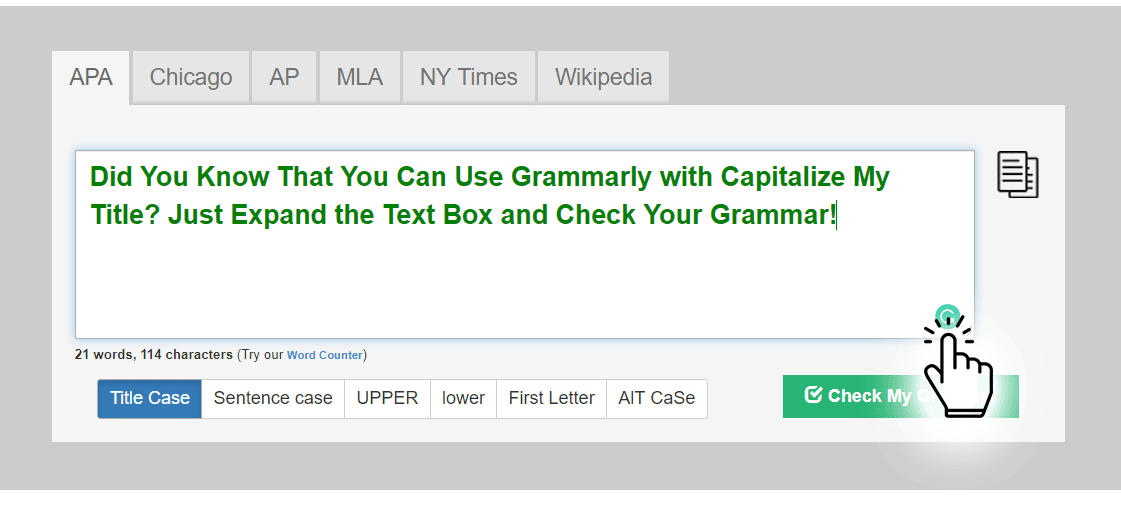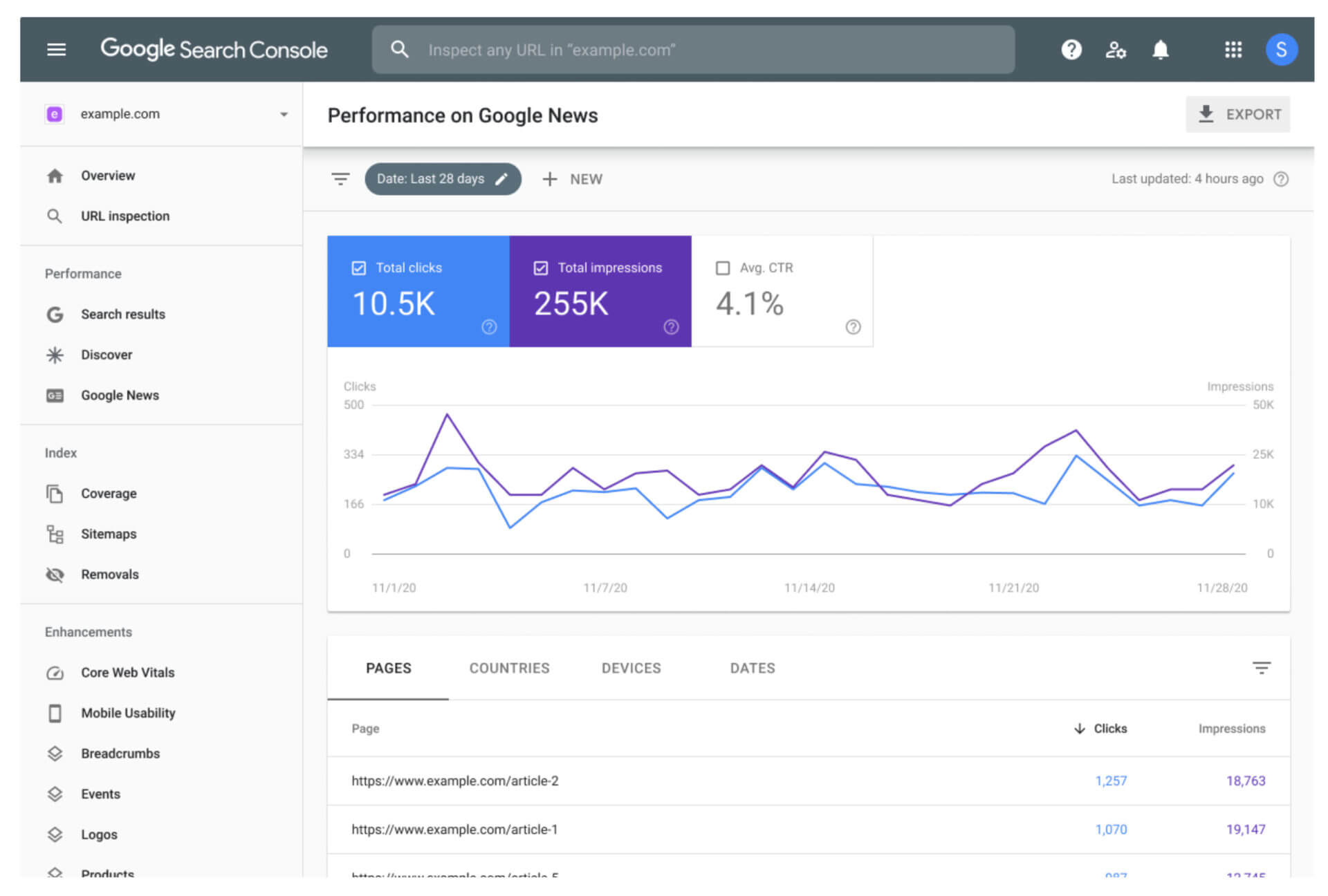As a new blogger, I had no idea of the wealth of high-quality tools readily accessible at no cost to anybody. My collection of fantastic blogging resources has grown over the last several years. In this piece, I’ll focus on the best that I find myself reaching for again and again. You may be familiar with most of them if you’ve been writing for a while, but if you’re just getting started, I believe you’ll find this listing to be really useful. It’s perfect, and I wish I’d had it from the start.
Contents
1. Grammarly
Spell, and grammatical errors may be avoided with the help of Grammarly, a freemium application. In essence, it’s the same as having a professional proofreader on staff, but without the associated cost. Almost everyone misses at least a few of typos during reviewing no, regardless of how meticulous they are. There are mistakes, but Grammarly detects them.
The premium service also offers helpful editorial feedback and a uniqueness checker. Once upon a time, I subscribed to the premium service, but now I find that the free plan meets all of my needs. The one caution I’ll add is that Grammarly does make some wrong recommendations sometimes. It’s useful for spotting errors, but before adopting its proposed adjustments, make sure you fully grasp what it means.
2. Capitalize My Title
Capitalize MyTitle.com is a minimal site that delivers just what it promises. Simply drag and drop the headline into the website’s comment field, and it will be formatted with the correct capitalization immediately. In my opinion, the site’s greatest strength is its compatibility with a large number of style manuals and its intuitive interface. It’s easy to switch between other citation styles (such as APA, Chicago, AP, and much more) with just a tap.
Your title will also be evaluated on the site. If you don’t know much of anything about writing titles, this grade will give you a decent place to start. This tool may help you gauge how well your headline will perform in search engine results.
3. Answer the Public
If you’re looking for inspiration for a post, Answer the Public is the place to go. When you type in a subject, the site returns a list of several frequently asked questions about that subject. Such inquiries might be used as article openers or even as stand-alone headlines. Visit this site whenever you need a jolt to break through that writer’s block.
There are a limited number of free daily searches available on Answer the Public. After then, a premium membership is required. The amount of prospective article ideas returned by a search, though, has kept me from ever needing to pay for a premium subscription.
4. Google Search Console
Bloggers may keep tabs on their visitors from search engines with the use of Google’s free analytics software, Google Search Console. Let me preface this with an essential disclaimer: it was built primarily for self-hosted websites, and so far as I’m aware, it cannot be used with this platform. But if your blog is self-hosted, it’s a must-have.
It provides information on the search phrases people are using to find your website, where your site ranks for those terms, and the number of visitors connecting to your website. It also reveals the specific blog posts that readers find most interesting.





